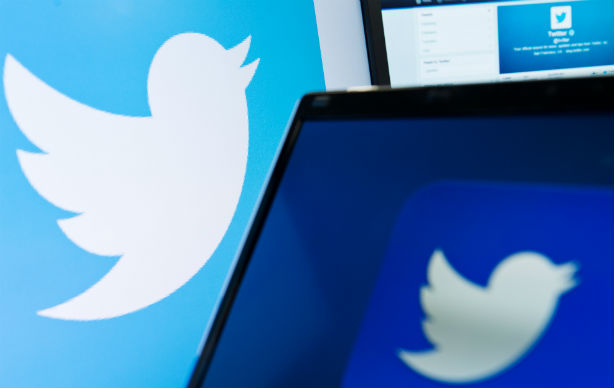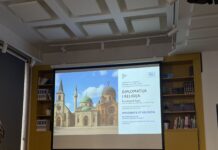The so-called ‘Twitter diplomacy’ has become one of the most prominent innovations in foreign policies of the world’s leading countries, political analysts say. Officials have been actively using social networking sites to address millions of people all over the globe.
President Vladimir Putin’s Twitter account has more than 120,000 followers. Prime Minister Dmitry Medvedev`s blog remains among the most popular accounts owned by Russia’s political leaders. It proves that ‘electronic diplomacy’ is winning more space on the web. Political analysts unanimously agree that blogging and communicating through the social networking sites has already become a political tool in the 21st century.
Now you will more likely learn the latest news from the Internet rather than from radio or television. On the other hand, e-diplomacy inspires officials to share the news directly from work meetings which often appears to be a violation of business and political ethics. E-diplomacy requires knowledge of the culture of online communication.
In his article on foreign policy President Putin says: “Internet, social networking sites, cell phones alongside TV have turned into an effective tool of both domestic and international policy.”
In 2012, French news agency AFP released the first-ever “digital diplomacy effectiveness” rating, based on the activity of top officials and diplomats in social networks, the number of subscribers to their accounts, and the citation index. In first place (out of 151 countries) was the United States. It is followed by Turkey, Egypt, Saudi Arabia, Venezuela, Mexico, India, Britain, Colombia, and Japan. Russia came in the 13th place.
Not only officials but ministries have Twitter accounts, too. The Russian Foreign Ministry account has some 65,000 followers. All speeches delivered by Foreign Minister Sergei Lavrov can be found on the department’s official page on YouTube and on Facebook, which also presents his statements and media comments. Russian federal and municipal officials have even launched their own social networking site ‘Gosbuk’ (State book).
Experts believe that officials join the social networking sites to win more support from the population and be more successful in solving some strategic tasks. The head of the analytical department at the Information Democracy Foundation, Vadim Kim, warns against judging an official from his Internet activity: “We have approached a time when it is very important to differentiate between blogging aimed to make an official’s work more effective and a mere PR step.”
Each official decides for himself whether to join a social networking site or not. In any case Russian authorities appreciate the role of ‘digital diplomacy’ which has become an effective means to settle strategic tasks and promote national interests abroad.













